Consuming a high protein vegan diet does not need to be an expensive task — there is a variety of cheap, healthy protein sources that can help you hit your macronutrient goals. This guide will focus on cheap, high protein main ingredients. It won’t include things like fake meat, though you can certainly find that inexpensively if you look in the right places.
#1 Lentils | #2 Seitan | #3 TVP/Soya Chunks | #4 Pea Protein Isolate | #5 Tofu | #6 Beans | #7 Vegetables, PB, and Nuts
Looking for more info about vegan protein? Check out my complete guide to vegan protein!
#1 – Lentils
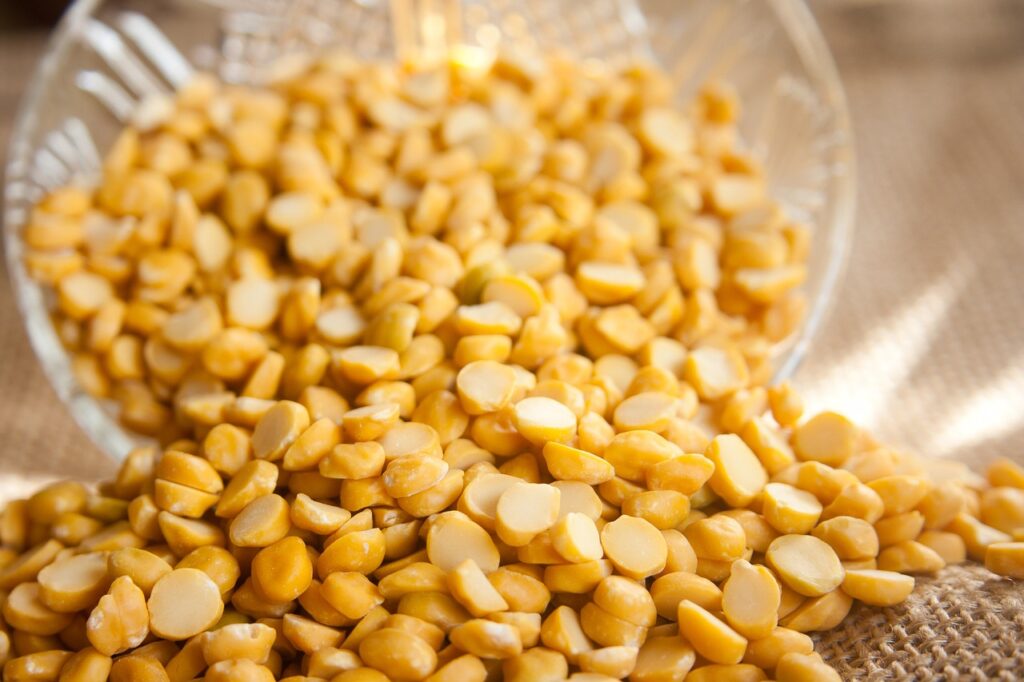
If there is one single food that balances the trifecta of cheap, healthy, and diverse — it is lentils. They are a nutrient dense food that provide a great combination of protein, carbohydrates, fiber and minerals. And they taste great too, especially when seasoned and spiced.
Though prices will vary by location, lentils are very cost-effective. Here is an example of 1 pound of lentils (454g dry) being sold for $1.60 at target. 1 lb of lentils contains ~ 104 grams of protein, so this means that you are getting an extremely efficient 0.65 grams of protein per cent when you buy lentils.
#2 – Seitan (Vital Wheat Gluten)
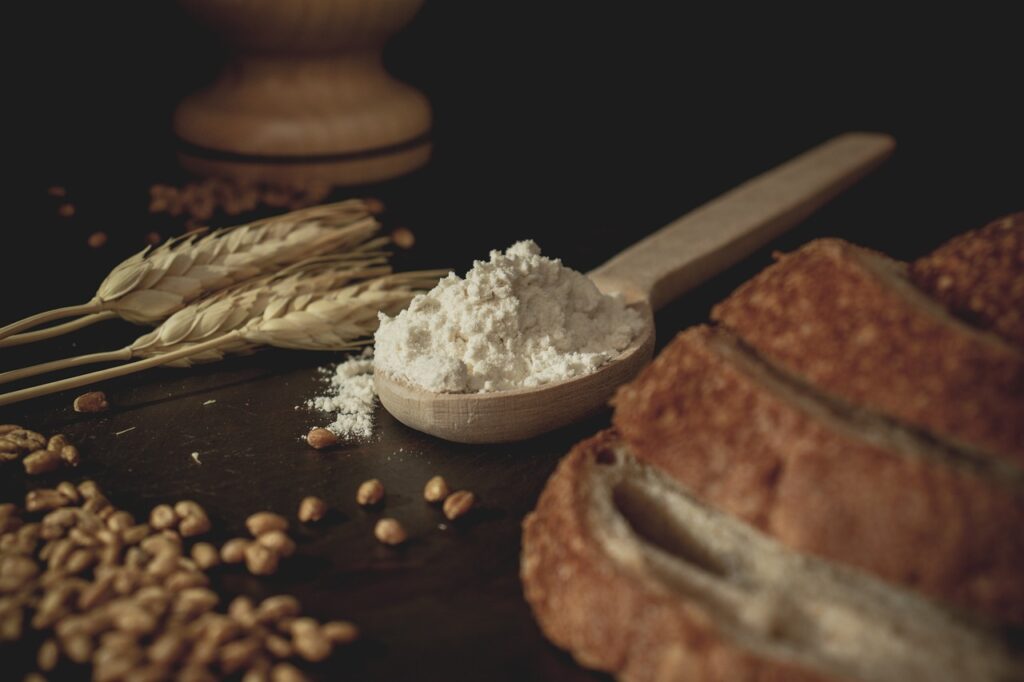
Celiacs beware, #2 on the list of cheap vegan proteins is the powerhouse Seitan. Pound for pound, you will be hard pressed to find a more cost-efficient protein on the planet than Seitan. Made by isolating the gluten protein from wheat, seitan is a common ingredient in many fake and alternative meats.
Seitan already contains one of the highest protein contents of any vegan food source, but when you purchase it in its base form of Vital Wheat Gluten you get a very cheap product that can be made into a high protein food. One simple amazon search, and I found a 4 pound bag of seitan for just $25. You can probably find this even cheaper locally.
Common Allergens: Wheat
#3 – TVP/Soya Chunks (Textured Vegetable Protein)
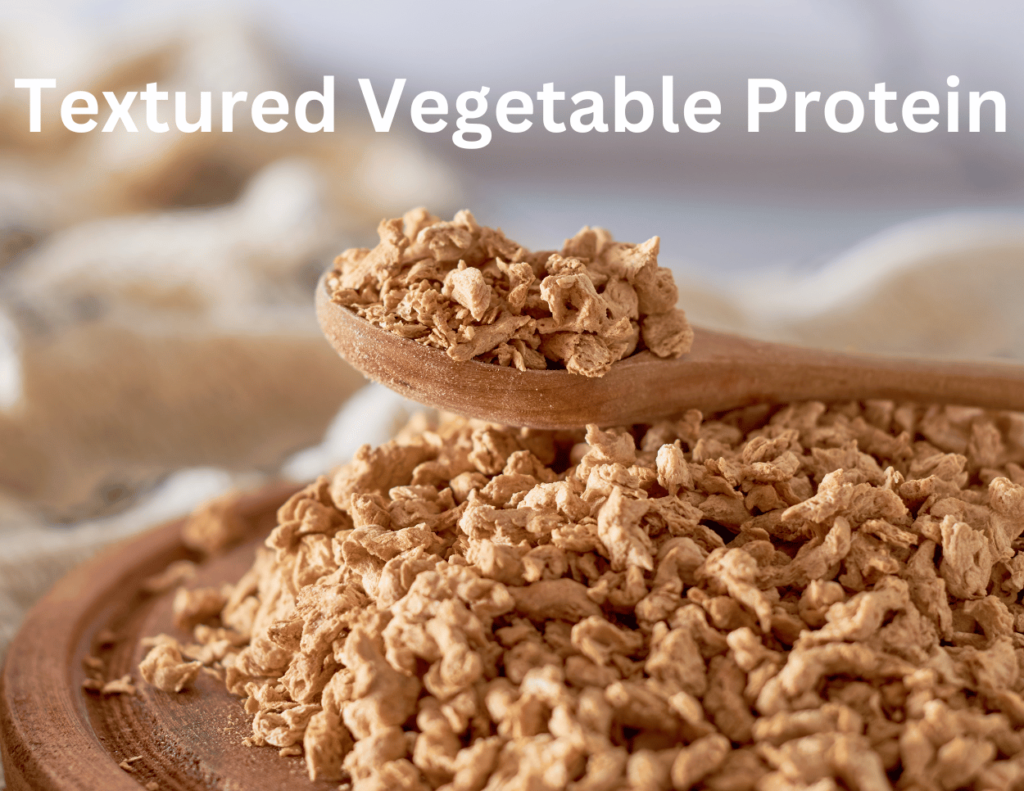
Textured Vegetable Protein is arguably the most inexpensive way to get soy protein. TVP is made from soy flour, is high in protein, and contains no fat — making it a calorie efficient protein source. 100g of TVP contains 366 calories, 51.1 grams of protein, 32.9 grams of carbs, 3.3 grams of fat, and 17.5 grams of fiber.1 TVP is commonly used as a meat-substitute, and can be used in a slice, chunk, or strip form.
You can get 1.5 lbs of TVP pretty cheap on amazon, which is a pretty good deal since TVP gains ~5x weight when hydrated, meaning it will last a long time.
The real super-deals for TVP are usually in bulk stores or mexican, asian, and indian grocery stores. Sometimes it will be called soya chunks.
Common Allergens: Soy
#4 – Pea Protein Isolate
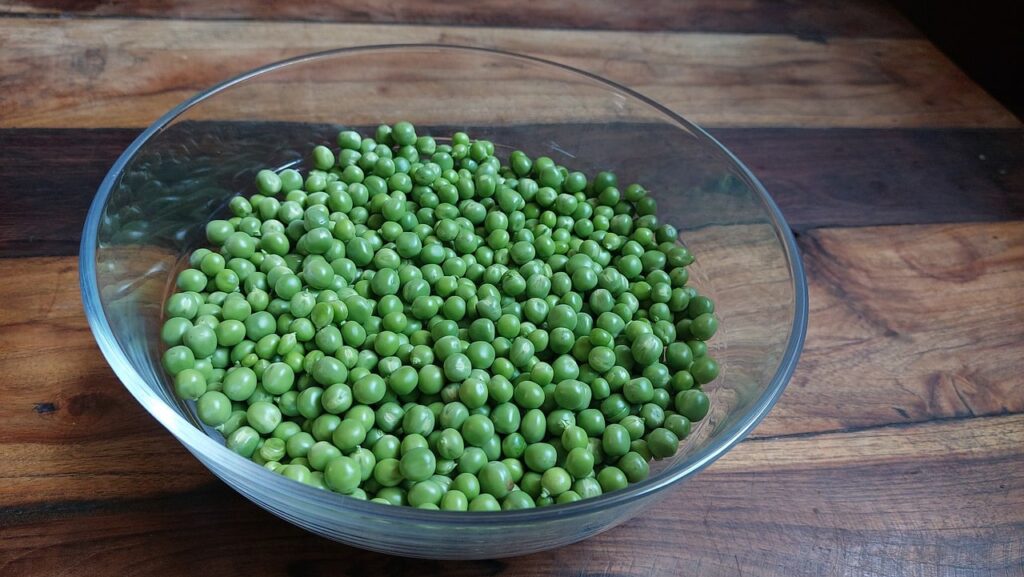
Pea Protein isolate is the gold standard of vegan protein — it is a calorie efficient, complete protein, with a high concentration of BCAAs to support muscle growth. It can also be found pretty damn cheap, especially when you purchase in bulk variants of 5 pounds. You can even go for the absolute cheapest unflavored version, but that one can be pretty brutal to get through.
Bulk unflavored pea protein was my go to in college, I’d mix it up with a banana, peanut butter, and some berries and chug it down for a cheap post-workout shake. Buyer beware: cheap pea protein is not the easiest to drink. If you don’t plan to mix it up in a smoothie or protein pancake, you may be better off spending a bit more on a better tasting pea brand or opting for vegan whey.
Common Allergens: Pea
#5 – Tofu
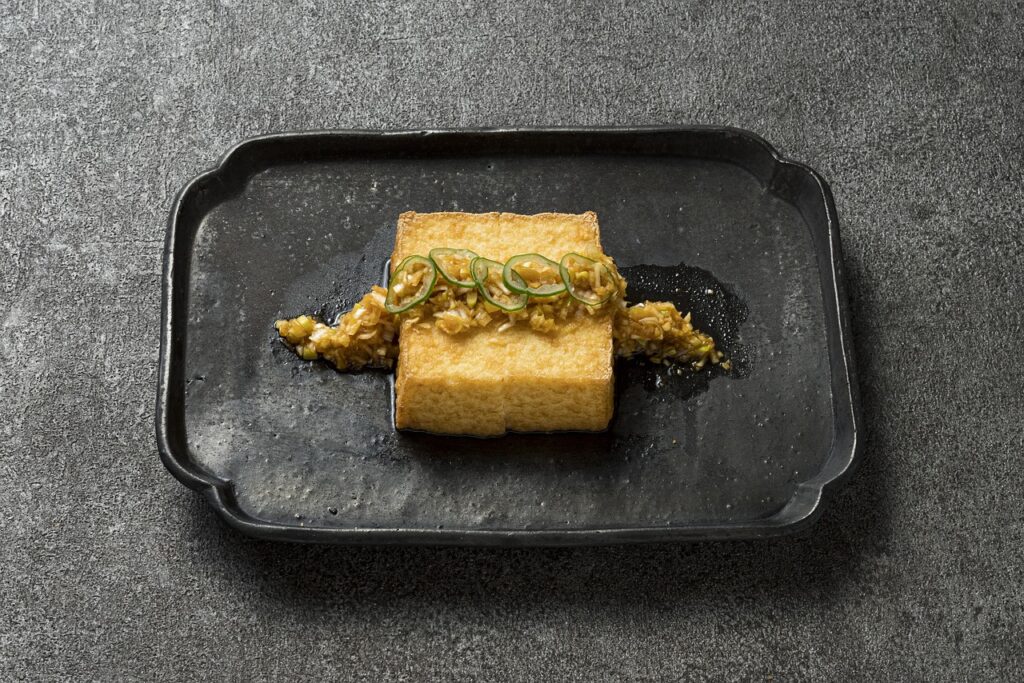
Tofu is my eternal love when it comes to vegan proteins. The only reason it is 5th on this list and not higher is because it’s slightly more expensive than some of the other items on this list, but it is still really cheap.
Tofu is like the gateway into delicious vegan cooking. Before I went vegan, I had never had it, and thought it was super unappetizing. Turns out I had just never had well-marinated, fried tofu. Every person I’ve met who initially disliked tofu has grown to love it. It is truly the swiss knife of vegan proteins, versatile and useable in any scenario. If you have never tried tofu, my recommendation is to look for extra firm tofu and to fry it up. Or go to a thai or chinese spot and order some fried tofu in a dish.
100 grams of Tofu contains 17.3 grams of protein and 144 calories.2 Tofu is cheap and readily available at nearly every supermarket and grocery store you go to. Once you go tofu, you will never go back.
Common Allergens: Soy
#6 – Beans (Various Types)
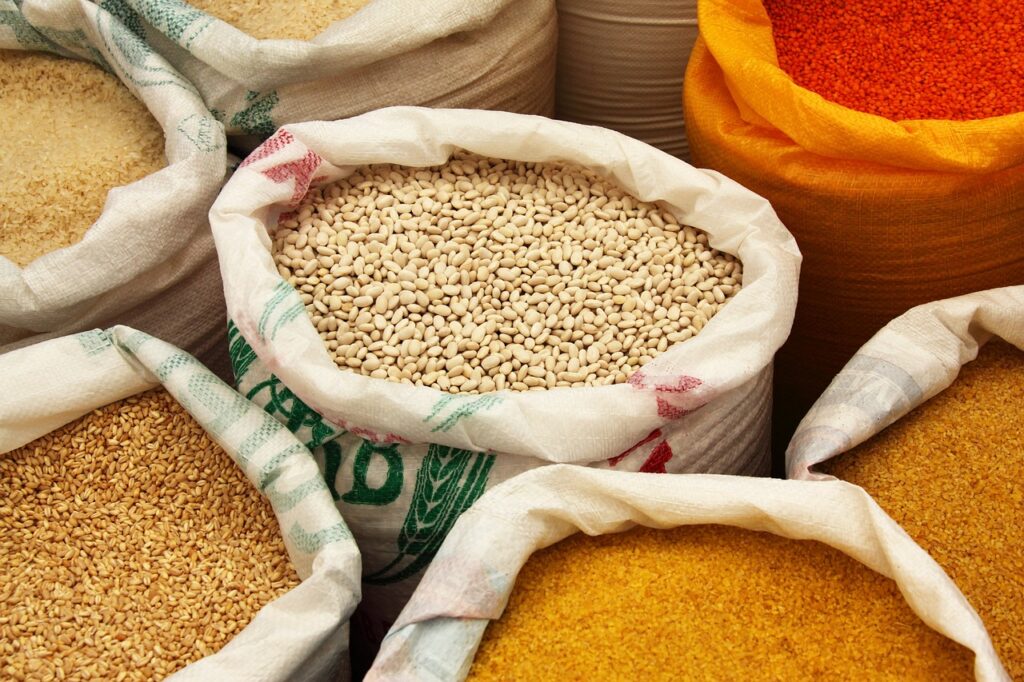
I could not possibly write a cheap vegan protein guide and not include beans. They are nutrient dense and delicious, and come in so many different varieties. Black beans, pinto beans, kidney beans, black eyed beans, soy beas, the list goes on. You can get creative with how you use them, and some beans go best with certain cuisines. The one thing to note is that beans are more of a source of carbohydrates with high protein rather than a source of protein themselves. Rice and beans is a great meal, but to make it truly protein rich it may be worth combining with something like seitan or TVP.
On amazon, you can find dried beans at less than $1 per pound. You can probably find them the cheapest in a bulk section of your local bargain grocery store.
#7 – Vegetables, Peanut Butter, and Nuts.
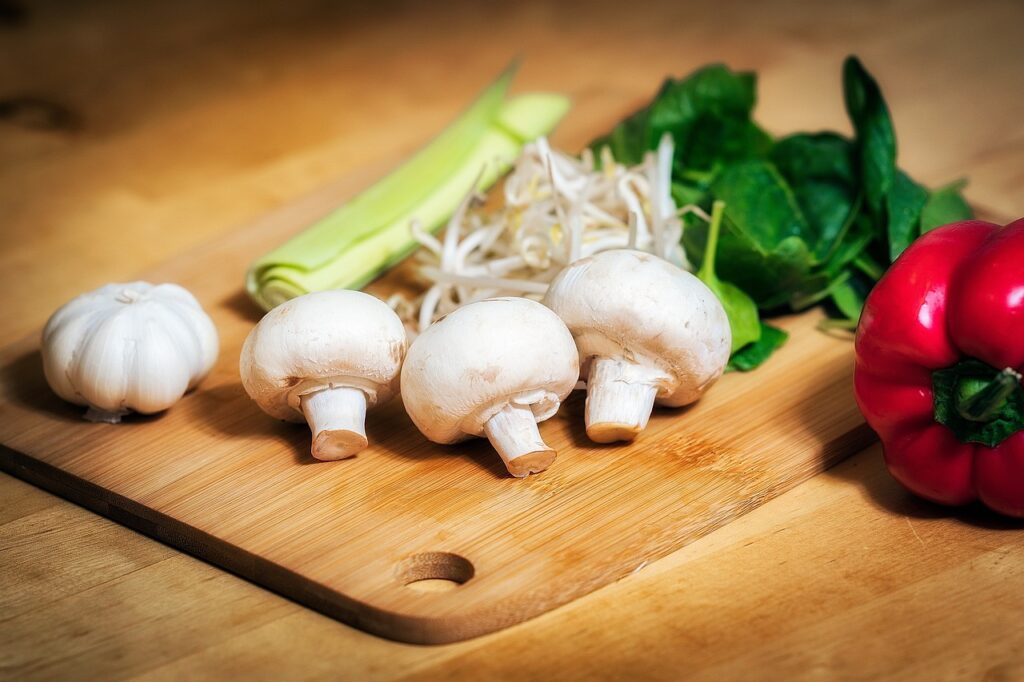
Vegetables are not a primary source of protein, but can start to really add up as a supplementary source. Beyond the great nutritional benefits of vegetables, their biggest protein benefit is that they are a highly efficient source of protein. The amount of protein per calorie for vegetables, especially ones like spinach, can be quite high. That said, you are never going to be eating so much spinach that it becomes the main source of protein in your meal— but the veggies you eat over the course of a day will start to add up.
Peanut Butter and Nuts are also not a primary source of protein, they’re best considered a source of healthy fats with some protein in it. They can be great ways to get filling nutrients in while meeting daily protein goals, but will probably be insufficient if relied upon as a single source of protein.
Want a free monthly vegan newsletter?
Sign up below! I promise not to spam. You can expect a concise email once a month about vegan nutrition, news, and ethics.
Meet Nathan
Nathan loves to learn and share. A lifelong vegan, he spends his time working towards the goal of a cruelty-free world. He graduated from UC Berkeley with a B.S in economics, and wants to inspire conscious consumption in the food industry.
You can find him obsessing over volleyball in San Francisco.

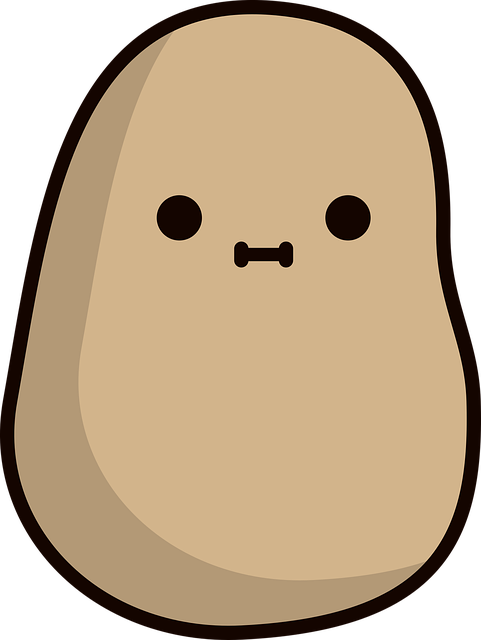
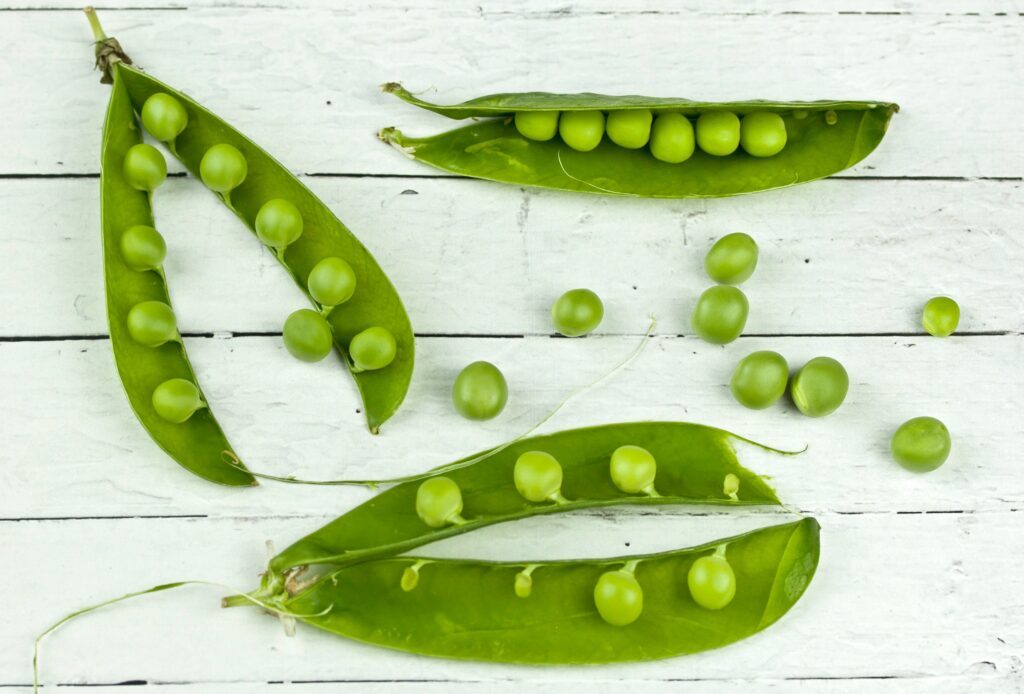
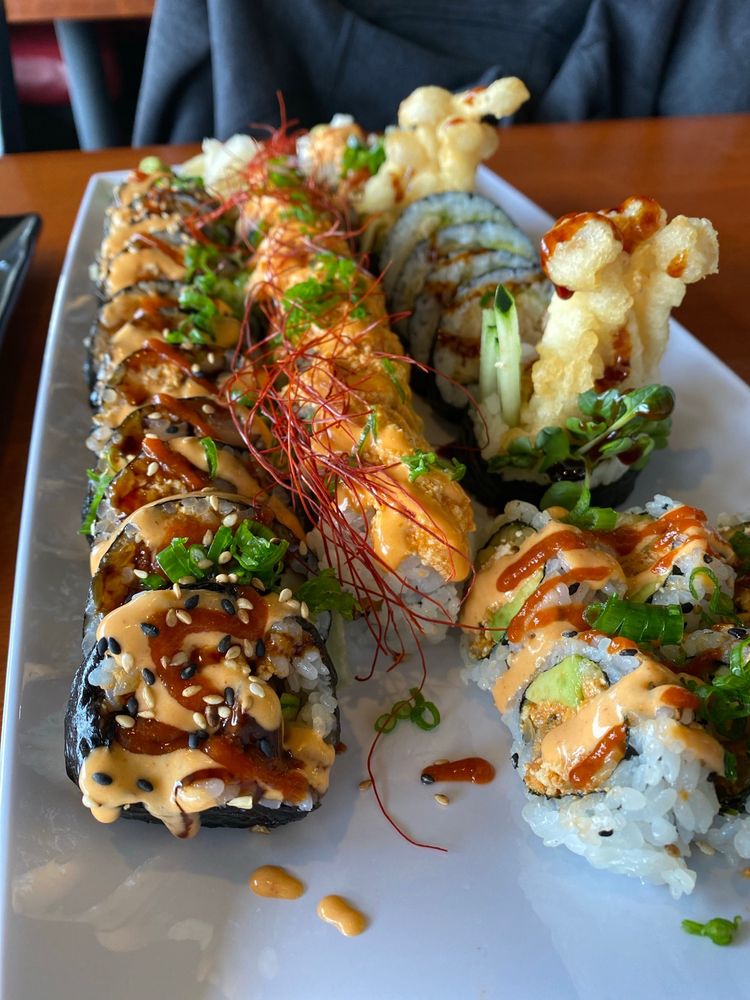
Thanks so much. I use many of these already, including lentils, nuts, and different beans. It’s not to be vegan (I couldn’t be that disciplined!) but just to eat healthier.